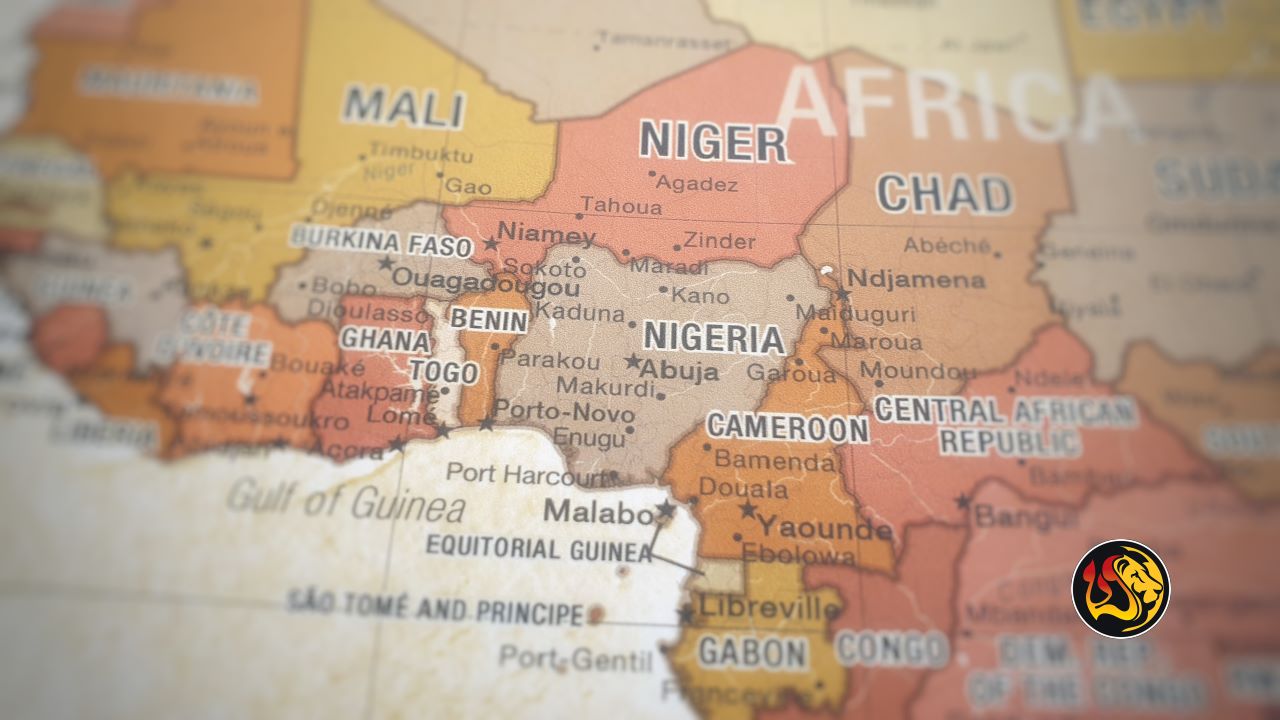By Stefan J. Bos, Chief International Correspondent Worthy News
WASHINGTON (Worthy News) - An evangelical American missionary recently freed after more than six years of captivity by Islamic extremists said Monday he had endured hell in part because he refused to convert to Islam.
Jeff Woodke, 62, recalled how Islamic extremists drove up to his home in Abalak, Niger, under cover of evening, gunning down two guards who stood watch on that fateful night of October 14, 2016.
He saw the muzzle blasts and heard screams before being thrown into a pickup truck that sped away.
“It was hell,” said Woodke, who was released in March. “I think the hardest part was knowing that my family if they were alive, they were suffering too,” he told The Associated Press (AP) news agency.
He spent his captivity traded among extremist groups operating under the umbrella of JNIM, an insurgent organization linked to the al-Qaida terror group.
As time progressed, he said, he began to feel that “it’s better for me to be dead than continue putting them through suffering. And that feeling grew and grew and grew. The last year I was there, I was asking them to kill me.”
He said he spent hours chained in isolation under a tree — “You ever had a lightning storm with chains on your feet? That’ll get you,” he said ruefully — and spent time in a tiny hut.
‘NICE WHEN PREACHING’
“When they were nice to me was only because they were preaching,” Woodke said. “They told me repeatedly, ‘We’ll be nice to you if you convert. The chains will come off if you convert.”
Yet Woodke, who said he initially prayed for eight hours daily, refused to abandon his faith in Christ. He made clear that he worried about his family, who expressed frustration about U.S. efforts to get him released.
His wife, Els Woodke, and the private hostage negotiator she was working with, Robert Klamser, told the AP they felt the Federal Bureau of Investigation misled them about the scope of demands and withheld information.
That frustrated their efforts and that of a third-party government they did not identify who worked to communicate with the militants and receive their conditions.
Klamser said they learned in 2021, belatedly, that the captors had demanded as part of the negotiations a ransom payment of 3 million euros ($3.3 million) and the release of prisoners from West African jails.
He stressed that negotiators acting without the family’s input succeeded in getting the demand for the prisoner release dropped.
That achieved a U.S. policy objective but doubled the ransom demand of 6 million euros — an even more untenable amount for Els Woodke, a teacher’s assistant.
ANGRY AT BLINKEN
She said she vented to Secretary of State Antony Blinken about a ransom process she asserted favored the rich.
“I said, if it was you that had been kidnapped, you would be free in a week because your wife is free to take from your money and buy you free,” she recalled saying. “So because you are rich, you can pay the ransom. But a poor person is never able to do that.”
Woodke of McKinleyville, California, had been working as a missionary and aid worker in Niger for 32 years.
His wife said earlier in a statement shared with Worthy News that she “praises God for answering the prayers of Christians everywhere who have prayed for this outcome.”
However, the couple admits that he is grappling with leg injuries and steep bills for medical and dental treatment.
Even something as simple as acquiring a driver’s license took months.
He says he hasn’t felt sufficiently helped by the government, though he adds the office of the State Department’s special envoy for hostage affairs has provided support. Klamser says there are plans to raise money from friends and supporters to offset the cost of mounting expenses.
“We’re not things, we’re not bargaining chips, we’re not cases — we’re people,” Woodke said. “We don’t want to sit under trees in chains. Our families don’t want to have to suffer.”

